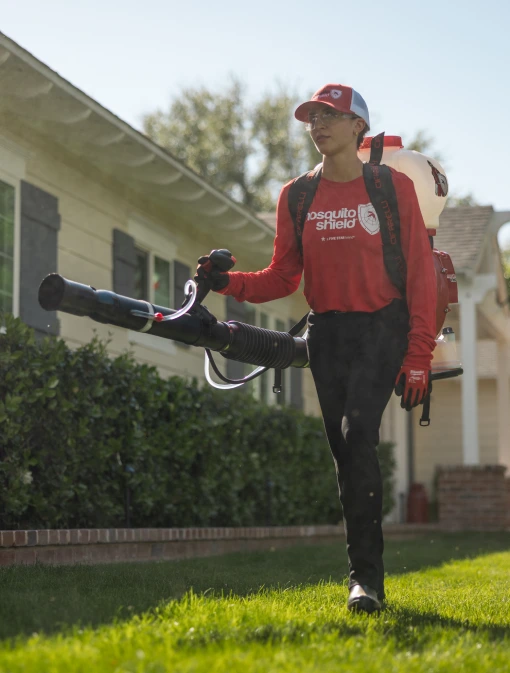Our mosquito control services are tailored specifically for Dulles unique environment, offering a powerful and effective solution that has been fine-tuned over the past 20 years. Designed to handle the area’s warm, humid climate and frequent storms, our treatments not only eliminate mosquitoes on contact but also provide ongoing protection. With a focus on both immediate relief and long-term prevention, we help you enjoy your outdoor spaces without the constant nuisance of mosquitoes.
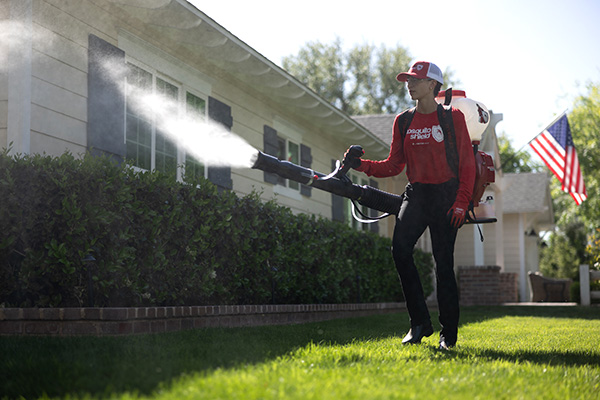
Our treatment instantly targets and eliminates mosquitoes in Dulles warm, mosquito-prone environment for immediate relief.

By addressing mosquito breeding hotspots commonly found in Dulles , we help reduce population growth and control future infestations.
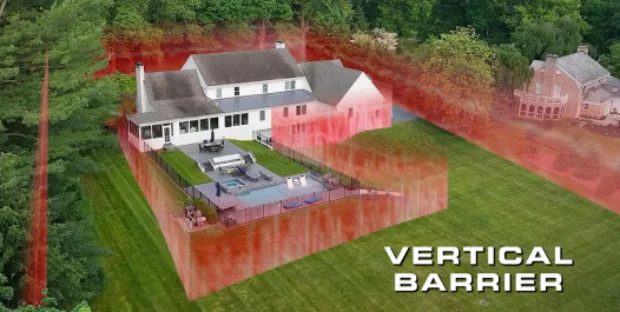
Our solution forms a virtual barrier specifically designed to withstand Dulles weather, keeping mosquitoes out and allowing you to enjoy your yard.

Our unique approach to mosquito control delivers proven, effective results you can rely on. With treatments designed for rapid impact, you’ll notice a significant reduction in mosquito activity shortly after the first application. Our method ensures your outdoor spaces become more enjoyable quickly.

Any mosquitoes living around active areas of the home will be killed on contact with our proprietary formula. We train our technicians to target these areas so we can maximize the effectiveness of the spray.

Female mosquitoes are attracted to the scents we emit. Our proprietary formula is specially created to mask them. Once our treatment has been applied, mosquitoes will avoid your property.

As treatments are performed, a vertical barrier is established which strengthens with each mosquito control service visit. This will shield your yard from pesky mosquitoes.
Experience the most comprehensive mosquito and tick control service designed for the Southern U.S. climate, helping you enjoy your outdoor spaces in Dulles without the nuisance of pests. Here’s what to expect:
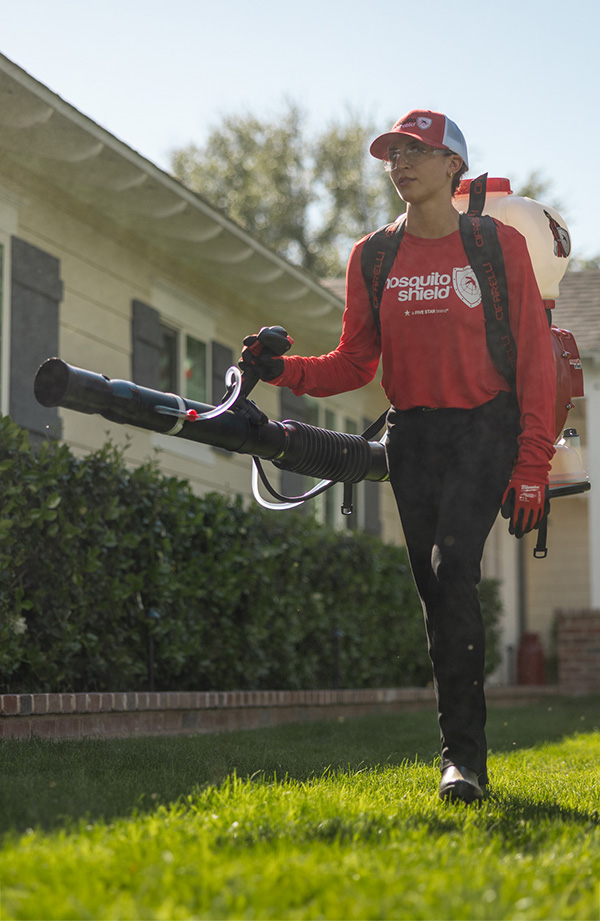
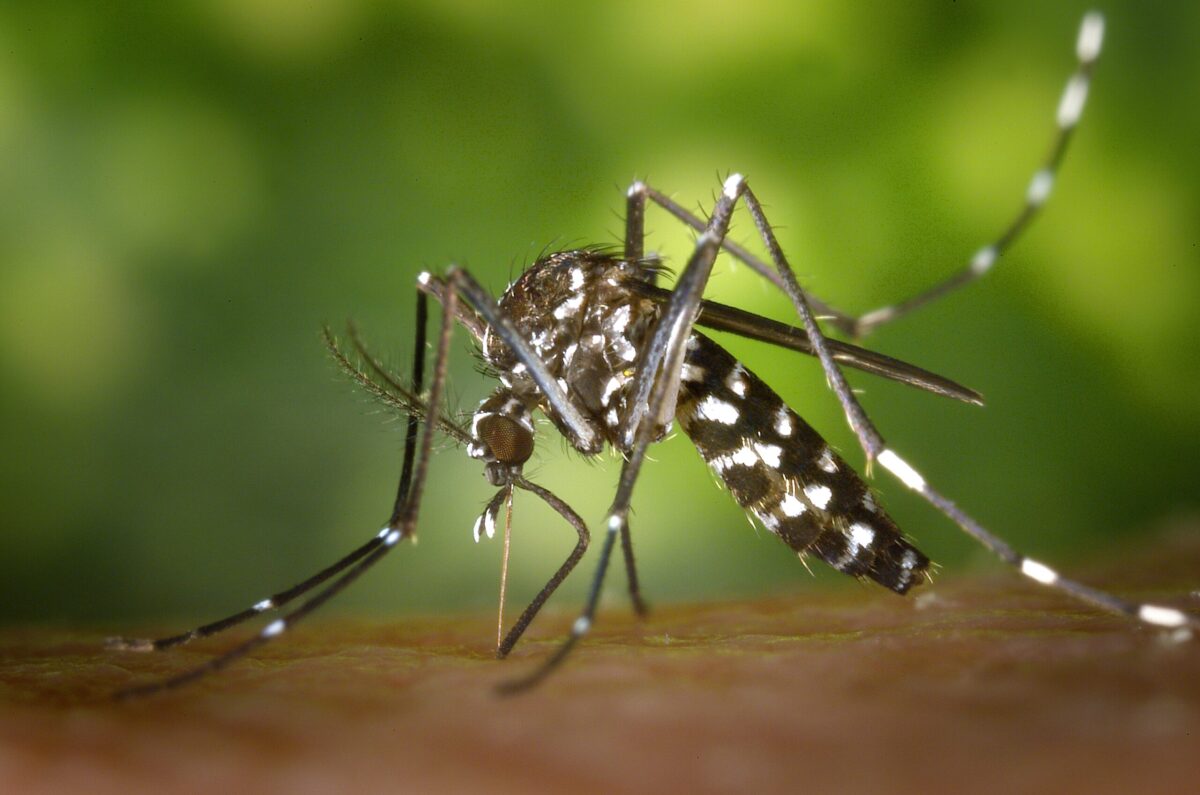
Identification: Black with a stark white stripe running down its back and white bands on the legs. Habitat: Thrives in shaded residential areas of Dulles, particularly near mulch beds, containers, flowerpots, and clogged drains. Behavior: Aggressive daytime biter, especially around ankles. Health Risks: Known to carry West Nile virus, dengue, Zika, and chikungunya.
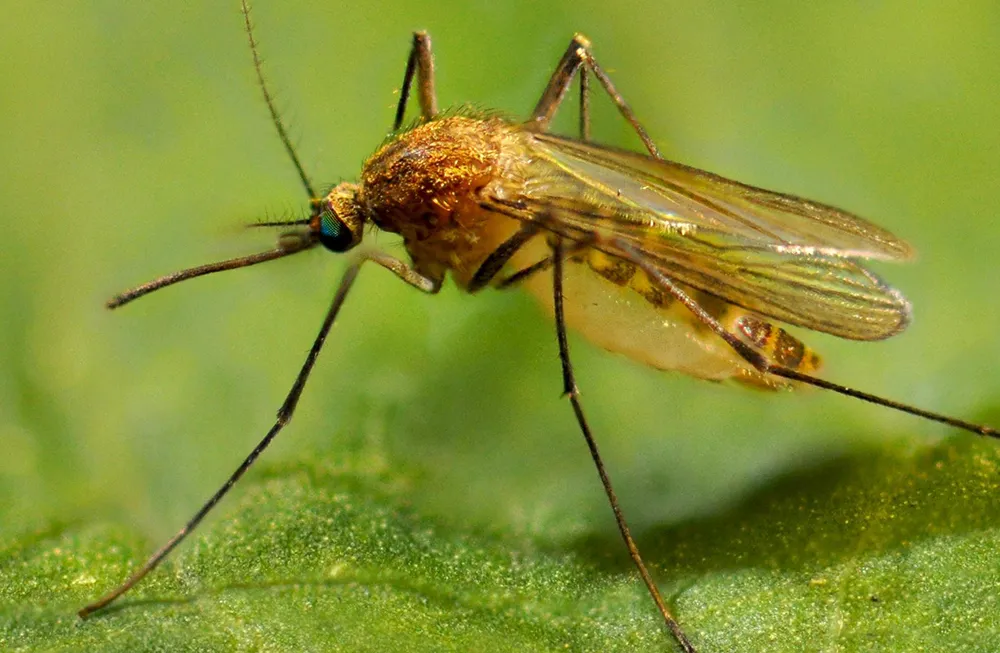
Identification: Light brown with slightly darker bands on the abdomen. Habitat: Common near standing water sources like birdbaths, storm drains, retention ponds, and poorly drained yards. Behavior: Nocturnal biter; often enters homes during warmer months. Health Risks: Primary vector of West Nile virus in Northern Virginia.
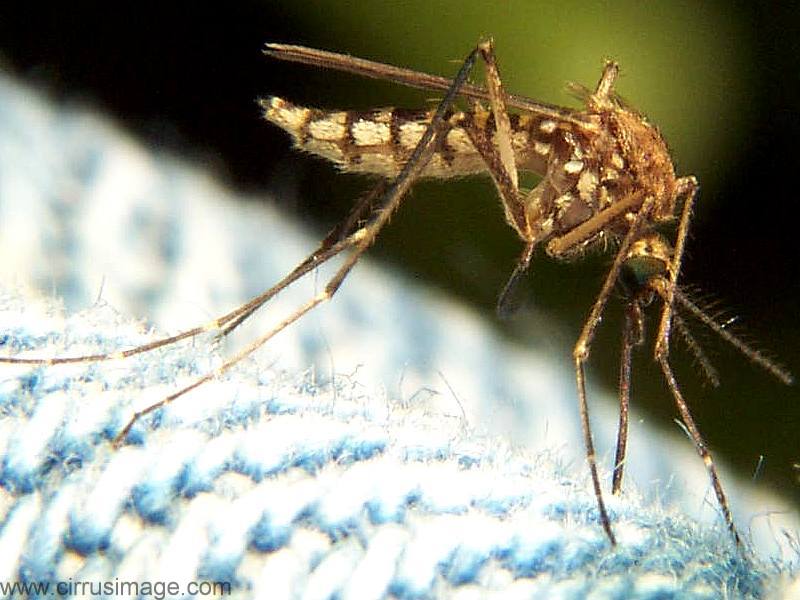
Identification: Brownish mosquito with white banding on the legs and abdomen. Habitat: Abundant after heavy rains in Dulles—particularly around floodplains, wet grasslands, and roadside ditches. Behavior: Fierce biter at dusk and during humid evenings. Health Risks: Not a major disease carrier but causes itchy, persistent bites.
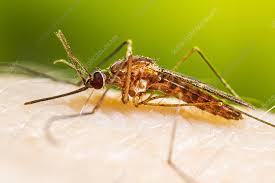
Identification: Medium-sized with four dark spots on each wing; rests at a 45-degree angle. Habitat: Prefers clean, slow-moving water near wooded edges and lowland swamps in the region. Behavior: Most active at dawn and dusk. Health Risks: Historically linked to malaria; now primarily a nuisance with itchy bites.
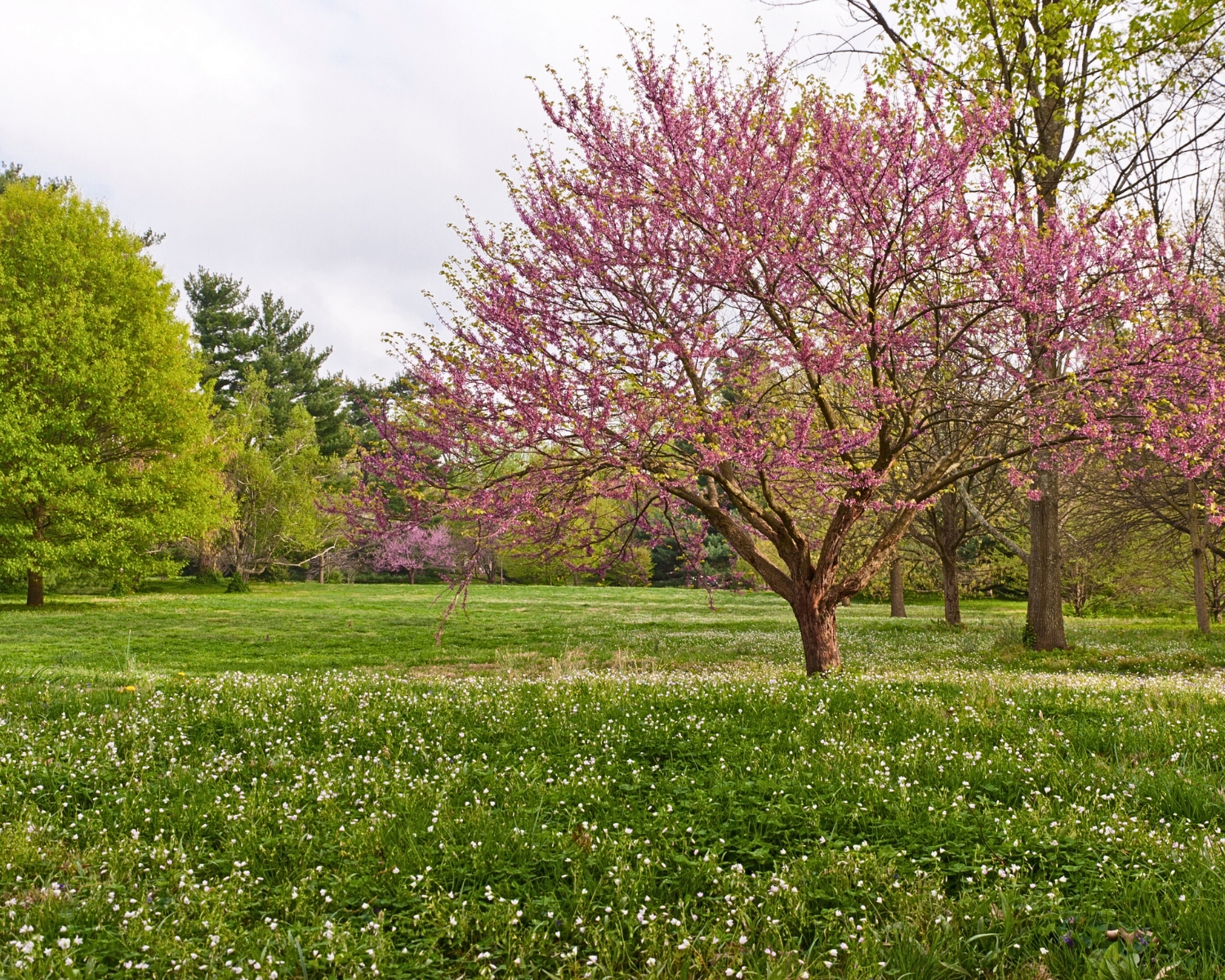
Key Activity: Mosquito activity emerges with rising temps and spring rainfall. Breeding: Pooled water from downspouts, patio containers, and clogged gutters becomes a major concern. Common Species Active: Aedes albopictus and Culex pipiens begin showing up. Behavior: Biting increases steadily—especially near damp areas and during twilight.

Key Activity: Peak season for mosquito populations in Dulles. Breeding: Backyard puddles, retention basins, and shaded garden pots support rapid breeding. Common Species Active: Aedes albopictus, Culex pipiens, and Aedes vexans. Behavior: Expect bites day and night, especially after summer thunderstorms or heatwaves.
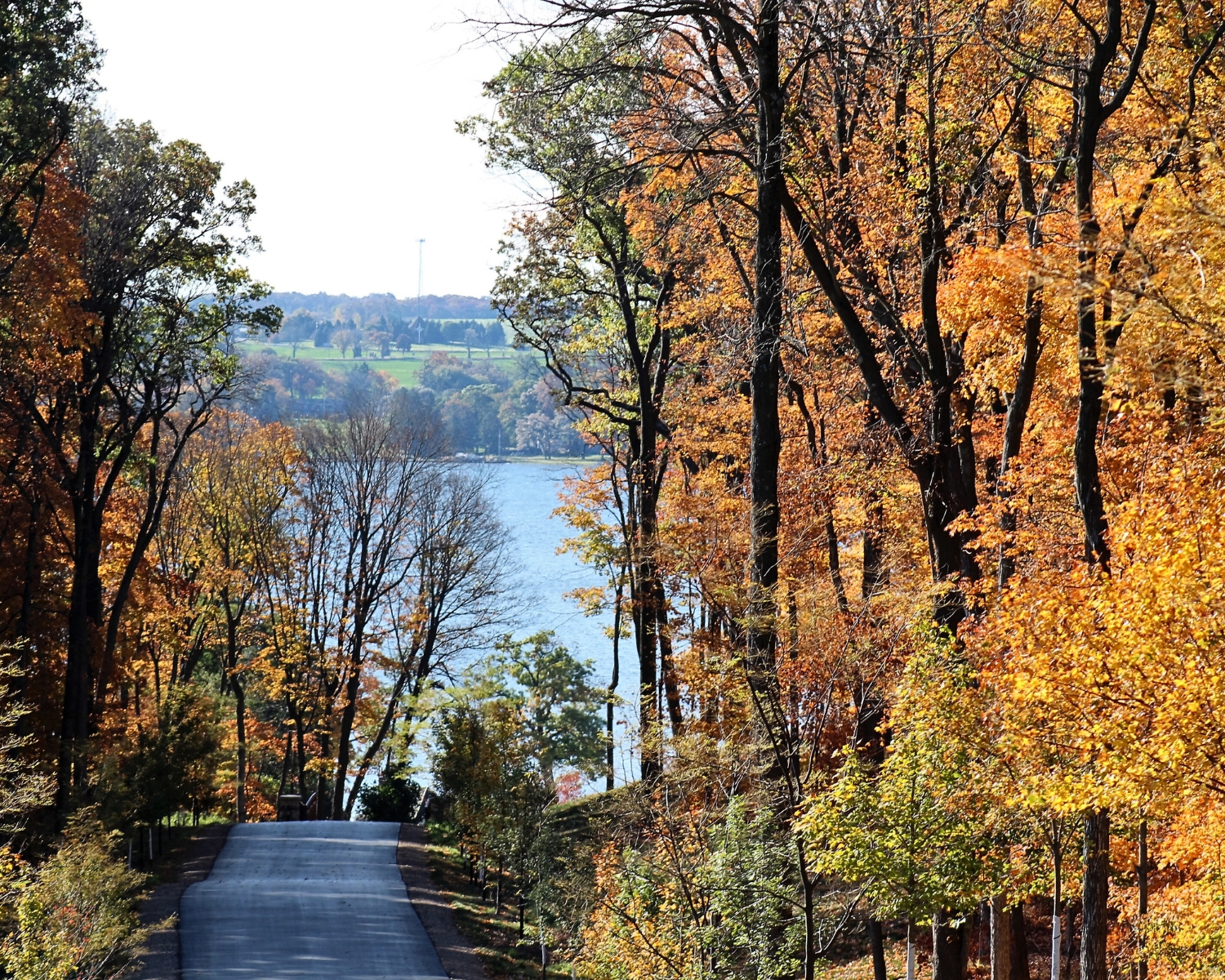
Key Activity: Activity slows but doesn’t disappear until consistent frost. Breeding: Yard runoff and rain-filled containers still encourage some breeding. Common Species Active: Primarily Culex and Aedes species. Behavior: Bites persist during warm afternoons or mild evenings.
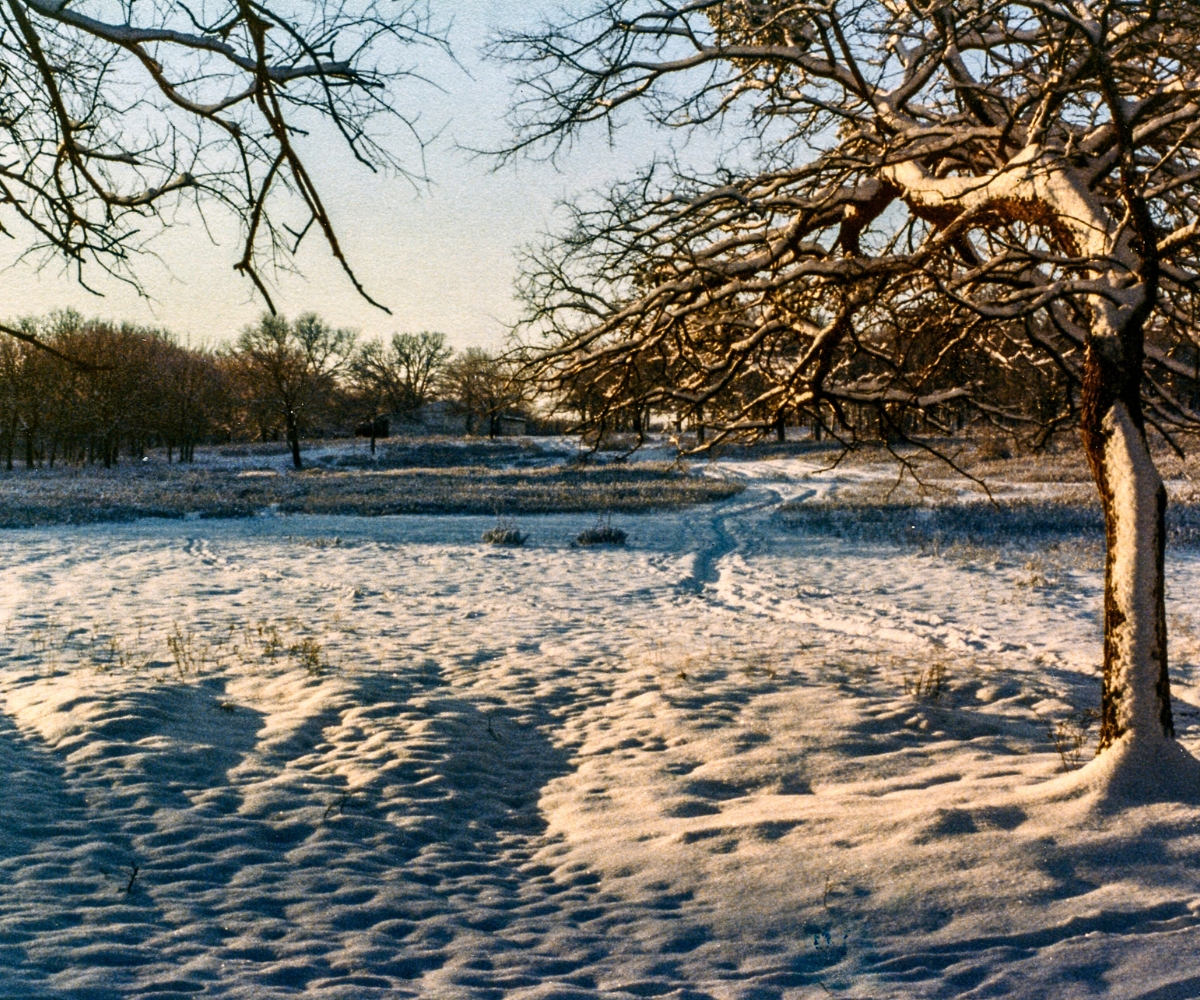
Key Activity: Low activity, but mosquitoes aren’t gone entirely. Eggs: Aedes eggs remain dormant in dry locations—ready to hatch come spring. Adults: Culex adults can overwinter in basements, sheds, and crawlspaces. Behavior: Activity may spike briefly during warm spells, especially after rain.

Located in Loudoun County, Dulles experiences a humid subtropical climate with four distinct seasons such as mild springs...

Beyond mosquitoes, Dulles and the surrounding Loudoun County region face growing issues from invasive insects...

While many mosquitoes are nuisance biters, others are tied to regional disease surveillance and monitored throughout the warm season.
